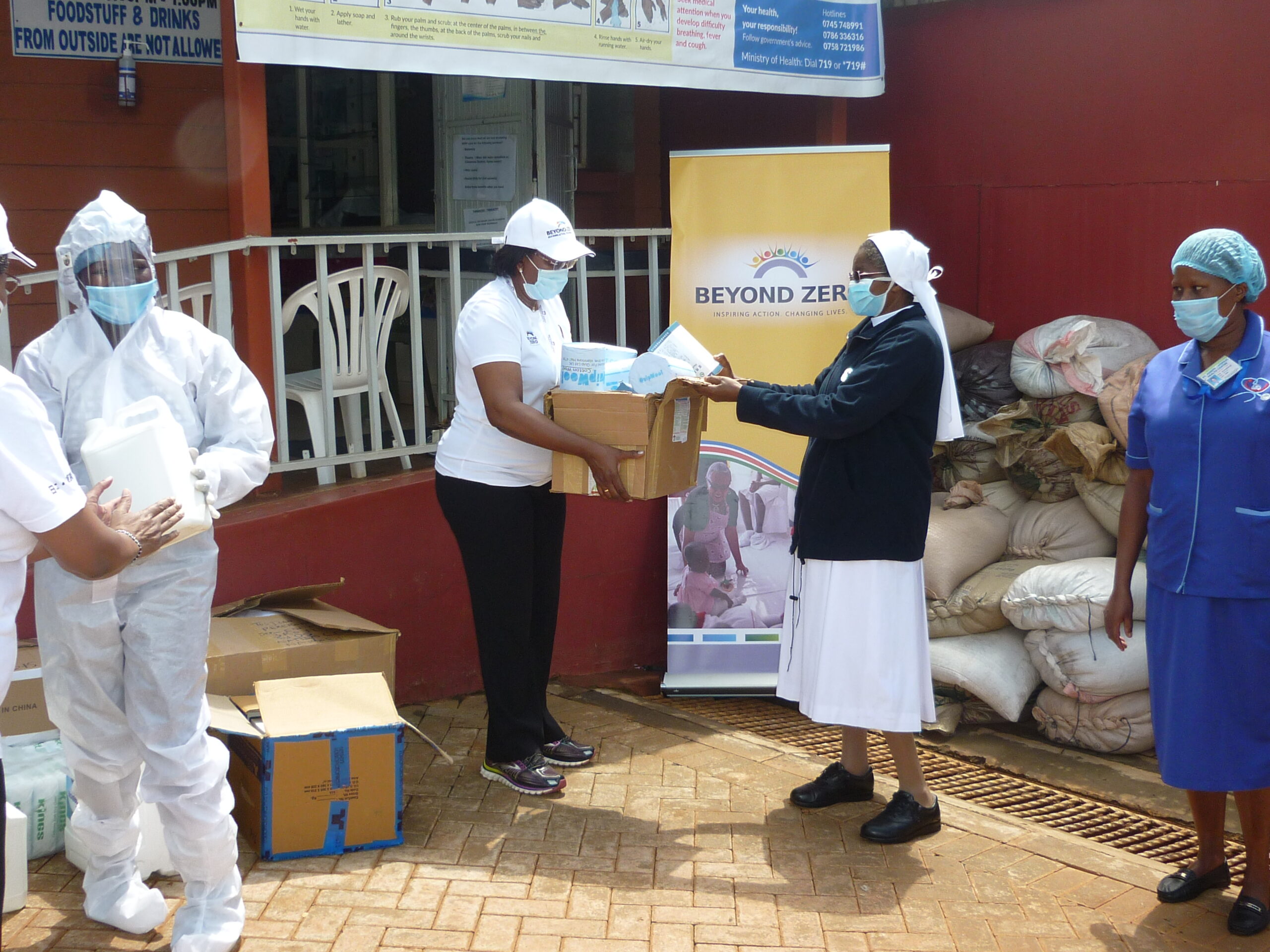
Every year a theme is chosen that highlights the concerns or priorities of the World Health Organisation (WHO). Unsurprisingly COVID19 remains a top priority but alongside the viral pandemic which shook all of us across the globe another crisis is under the spotlight – our climate.
The WHO is calling for ‘a green and healthy recovery from the COVID-19 pandemic, which puts the health of individuals and the planet at the centre of actions and fosters a movement to create societies focused on well-being’.
Our Planet. Our Health.
It’s obvious that the environment and health go hand in hand from air and water pollution to waste mismanagement and inadequate sanitation, these man-made environmental damages have a domino effect on us all with climate change causing the most pressing environmental public health threats especially for those in the global south.
At IJI one of our goals focuses on caring for our common home and supporting vulnerable communities who experience drought, floods and other forms of extreme weather as a result of climate change.
For Earth Hour, we highlighted how women farmers in South Sudan are affected by climate change and how we continue to empower them in sustainable farming and practice which can aid their critical need to adapt to extreme weather changes caused by global warming. “African nations are responsible for an estimated 4% of greenhouse gas emissions, but are increasingly on the frontlines of the most devastating climate impacts, including lethal droughts and floods” (Forbes, 2022). Despite the global south contributing the least to rising sea levels and the devastating effects of climate change – the developing world face the brunt of the climate emergency facing us all.
You can follow the stories of women farmers and our development projects in Rumbek, South Sudan: here.
Health and wellbeing is another IJI goal and over the years, working with our global partners, we have focused on both the health and psychosocial health of vulnerable communities in various projects. Most recently, we aided COVID19 prevention and sanitation in Kangemi, a slum in Kenya’s capital, Nairobi.
The project focused on capacity building of St Joseph’s Dispensary to cope with the pandemic both within the facility and its targeted community, with an estimated 645 patients (120 men, 250 women & 275 children under the age of 5). IJI supported the community through the provision of Personal Protective Equipment (PPE) for 17 St Joseph Dispensary staff (10 male, 7 female) to minimise the transfer of COVID19 as well as providing an isolation tent with 3 beds and oxygen concentrators erected for COVID19 positive patients and 35 Community Health Volunteers (12 male, 23 female) were trained and supported in home visit awareness raising sessions on COVID19 prevention to 1,740 people.
At IJI we continue to support vulnerable communities across the globe and are dedicated to our core values which includes collaborative work towards climate action and care for our common home.
To donate and help us continue empowering communities in the global south and those seeking refuge from war and violence. Click the link below.


